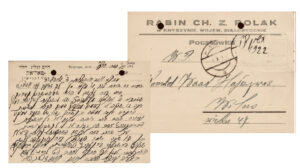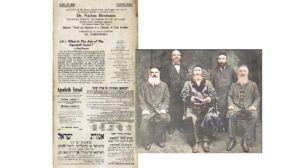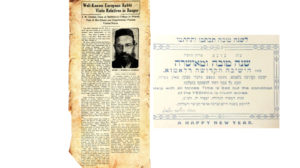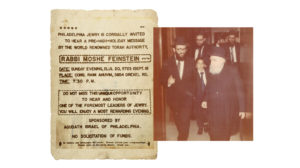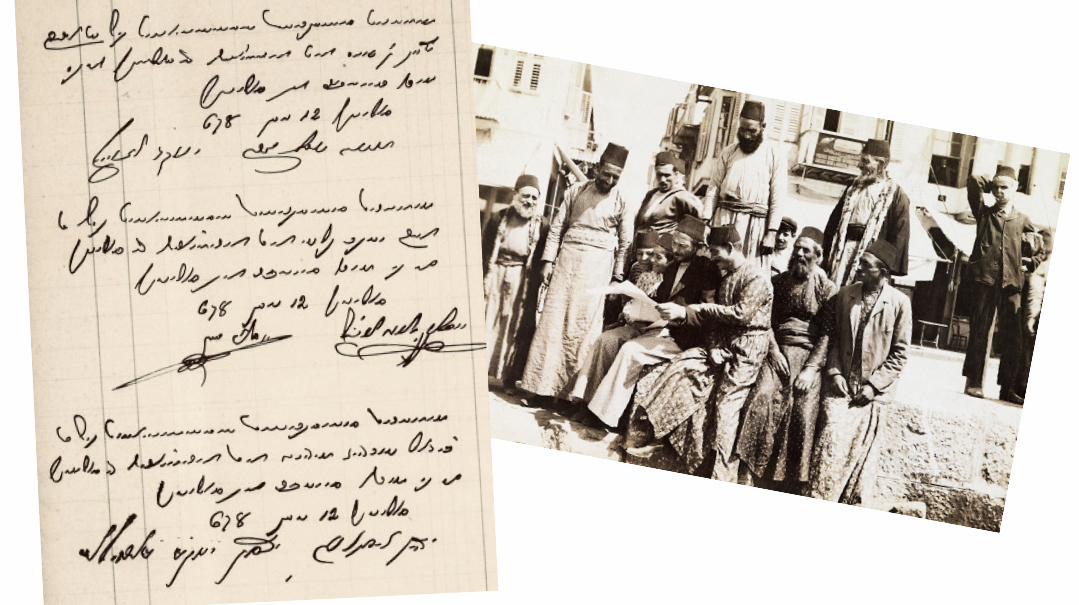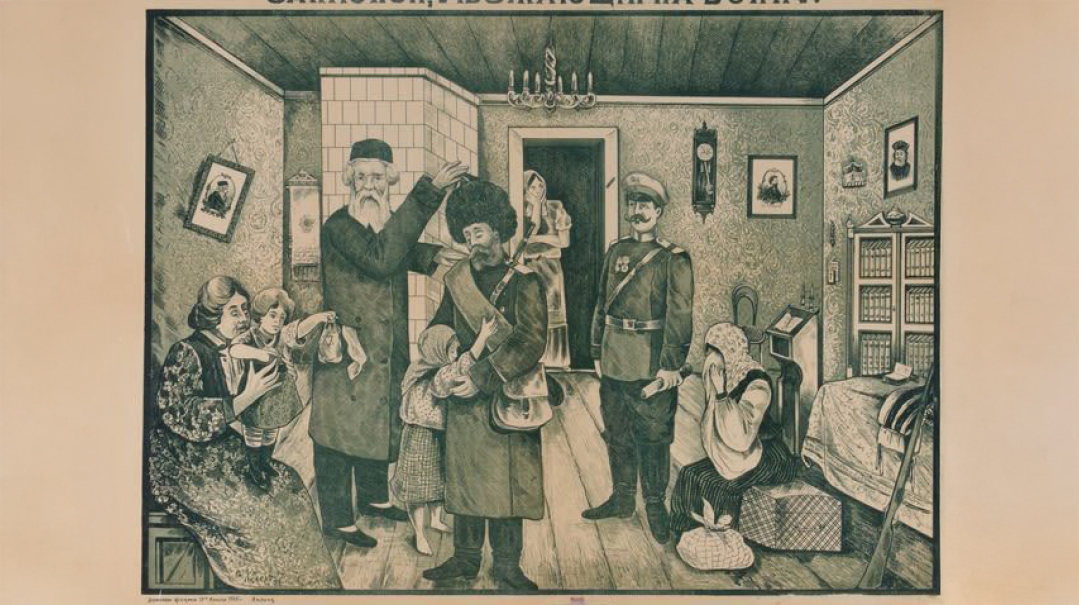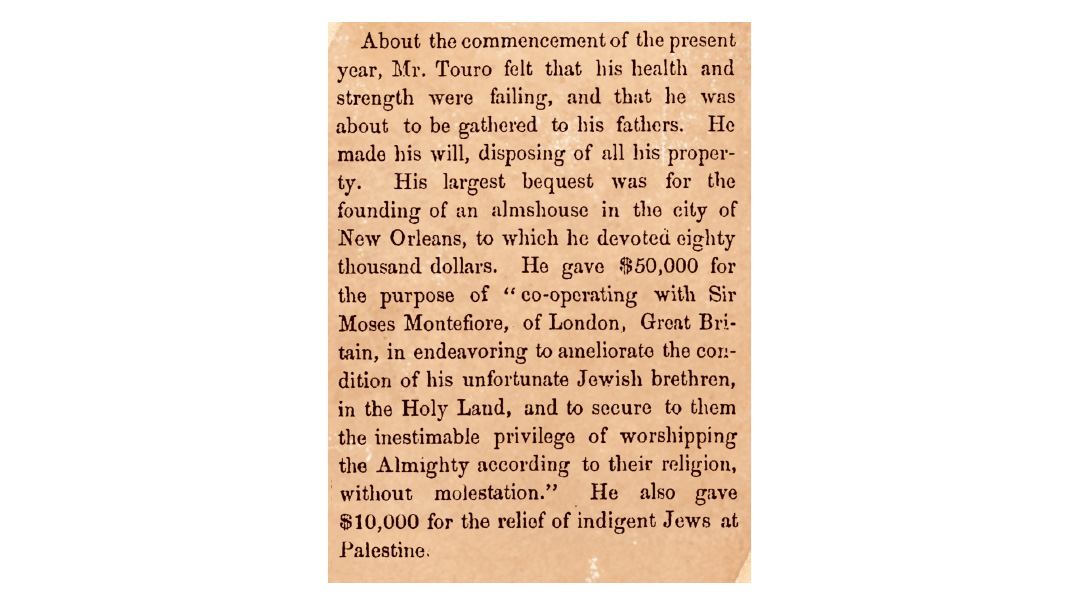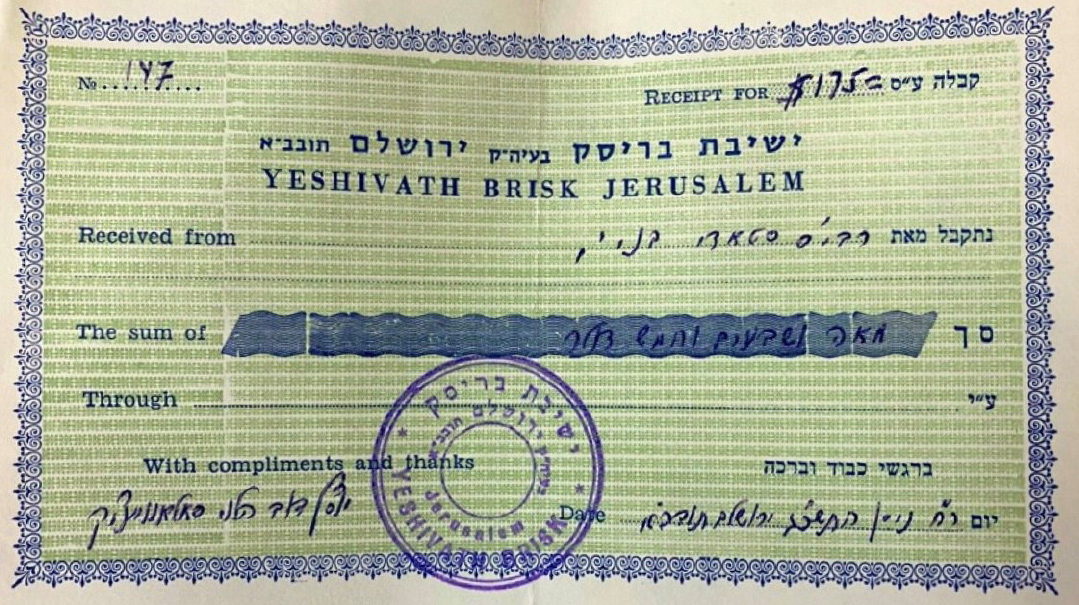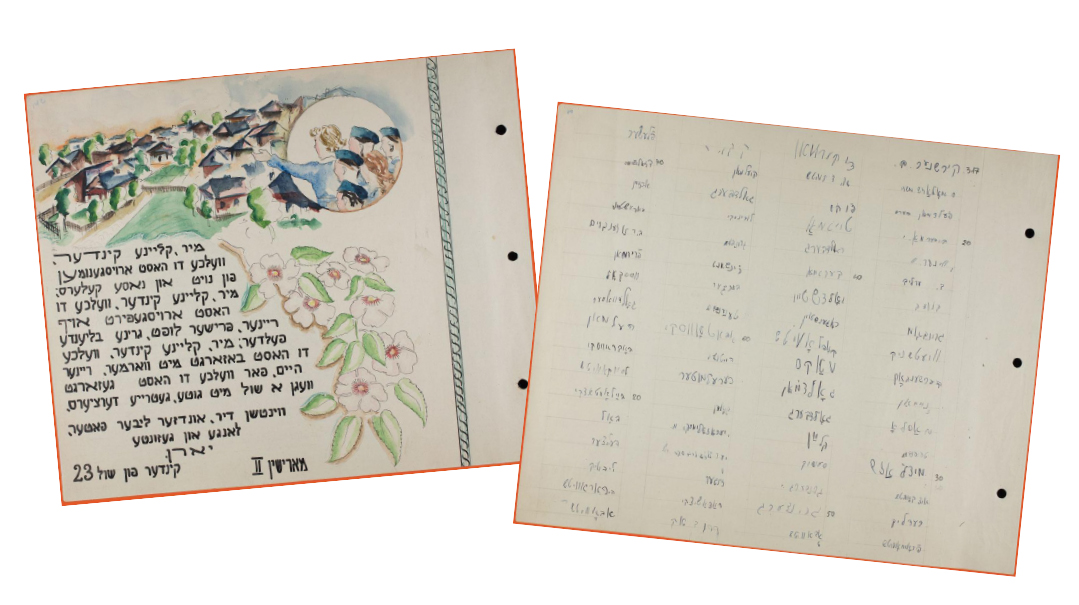Holy Bootleggers


“Prohibition" created a difficult situation for American Jewry, who relied on wine for ritual practices such as Kiddush, Havdalah, bris milah, and weddings
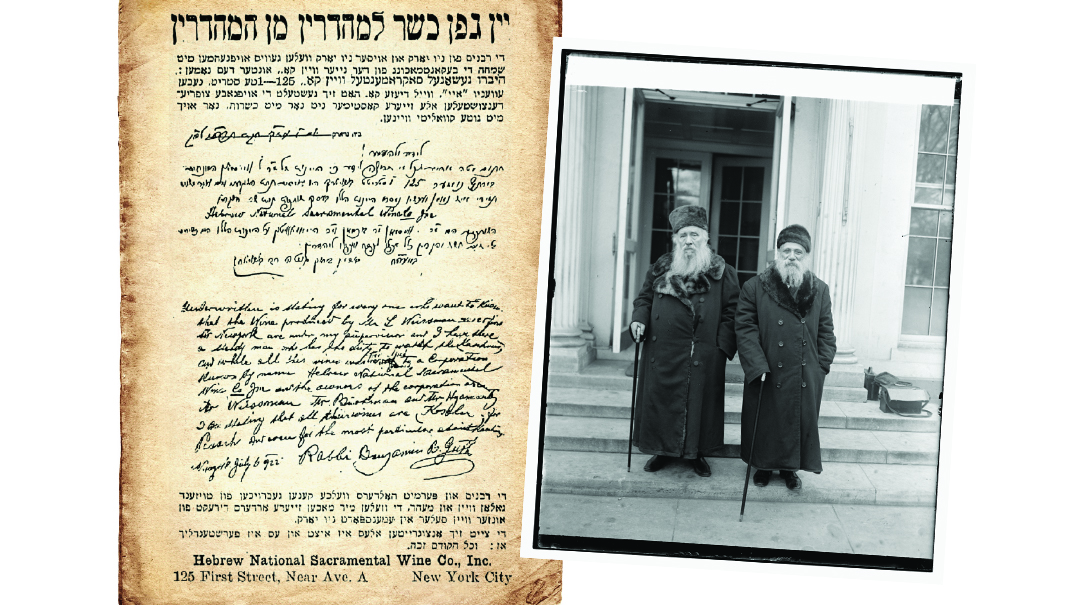
Approximately a century ago, the ratification of the 18th Amendment — which banned sales and import of alcohol — commenced the ultimately unsuccessful national experiment known as “Prohibition.” This law created a difficult situation for American Jewry, who relied on wine for ritual practices such as Kiddush, Havdalah, bris milah, and weddings. Making it more challenging was the fact that many Jews made honest livelihoods from the import-export or production of spirits. Jews also took offense to the law because unlike other ethnic groups, they rarely suffered from alcoholism, and they prided themselves on the fact that their drinking (primarily of wine) was limited to religious and social affairs.
Homemade wine remained legal, and this led to a rise in production of “bathtub” wine. Various exotic flavors developed in the bathtubs of Lower East Side tenement buildings, with more successful entrepreneurs sharing recipes and samples with their neighbors.
Intense lobbying by religious groups led to an exemption for sacramental wine. A complex system was created under which rabbis were the only ones permitted to traffic in wine. To complicate matters further, rabbis were to “distribute” the wine in exchange for donations to their shuls and institutions. Ostensibly this was designed to prevent personal profiteering.
This system had major flaws, and it wasn’t long before criminals began masquerading as rabbis, and, sadly, some “rabbis” became involved in the corruption as well. Never before had semichah certificates been in such high demand; the rabbinate had swiftly morphed into a path to prosperity. It wasn’t long until these “rabbis” ventured into other services, performing weddings, issuing gittin, and certifying butchers.
The Volstead Act ultimately proved unenforceable and spurred an explosive growth in organized crime and corruption across the country. On December 5, 1933, the 21st Amendment to the US Constitution was ratified, repealing Prohibition laws and returning control of alcohol to the states.
More than just a Kiddush Club
Among the newly minted “rabbis” doing big business in sacramental wine, there was a saying that modified the well-known query in Psalm 121: “From where [mei’ayin] does my sustenance come?” “Instead of mei’ayin, it was read mi’yayin (‘from wine’)!”
Super Shomrim
Isidor “Izzy” Einstein was a legendary Galicia-born, Yiddish-speaking agent of the US Prohibition Unit who, along with his partner Moe Smith, achieved nearly 5,000 arrests and a 95% conviction rate. They confiscated 5 million gallons of liquor, worth an estimated $15 million during the early years of the Prohibition era. They were known nationally for successfully infiltrating several large smuggling rings and for their use of disguises in their work.
(Originally featured in Mishpacha, Issue 849)
Oops! We could not locate your form.

